When it comes to nutritional powerhouses, broccoli should not be overlooked. This humble vegetable packs a serious punch thanks to its rich nutrient profile. Learning about the many health perks tied to broccoli just might inspire you to enjoy it more often.
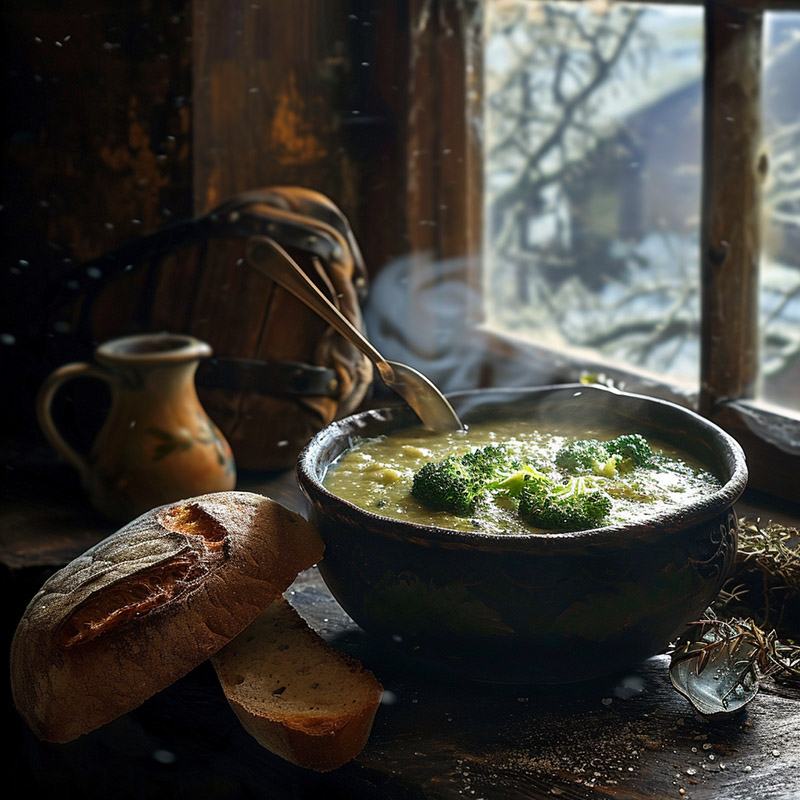
For starters, one cup of chopped broccoli knocks out more than 100% of your recommended daily vitamin C and vitamin K intake. It’s also rich in vitamin A, delivering over 10% of the RDI per cup. Additionally, the same serving size provides folate, potassium, fiber and anti-inflammatory compounds.
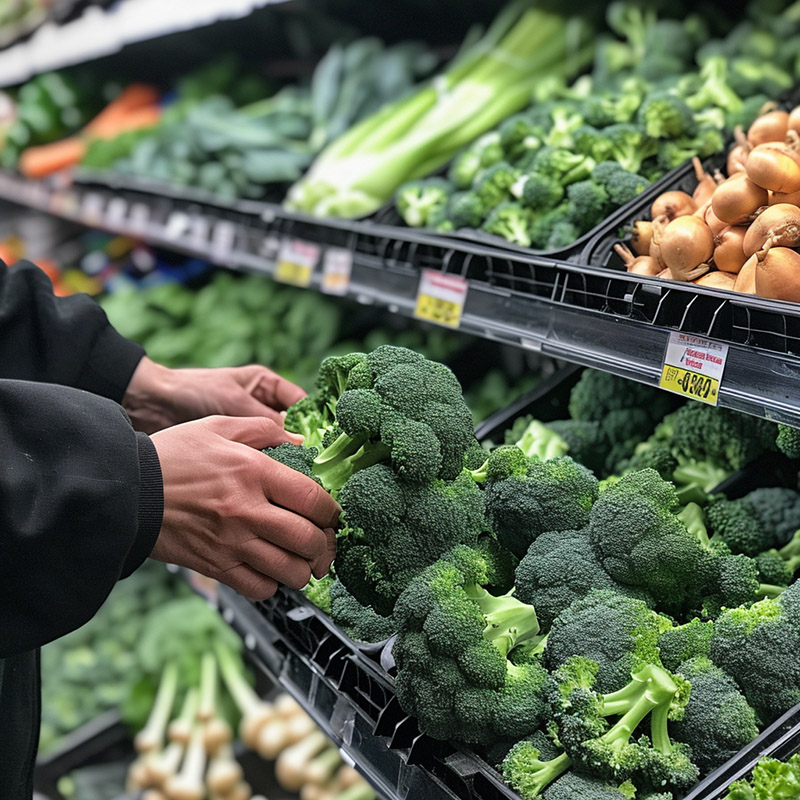
Research shows diets plentiful in cruciferous vegetables like broccoli are associated with numerous health benefits too. Eating adequate produce from this plant group could boost detoxification processes, support heart health, enhance immunity and suppress chronic inflammation. There’s also evidence tying high intakes to reduced cancer risk.
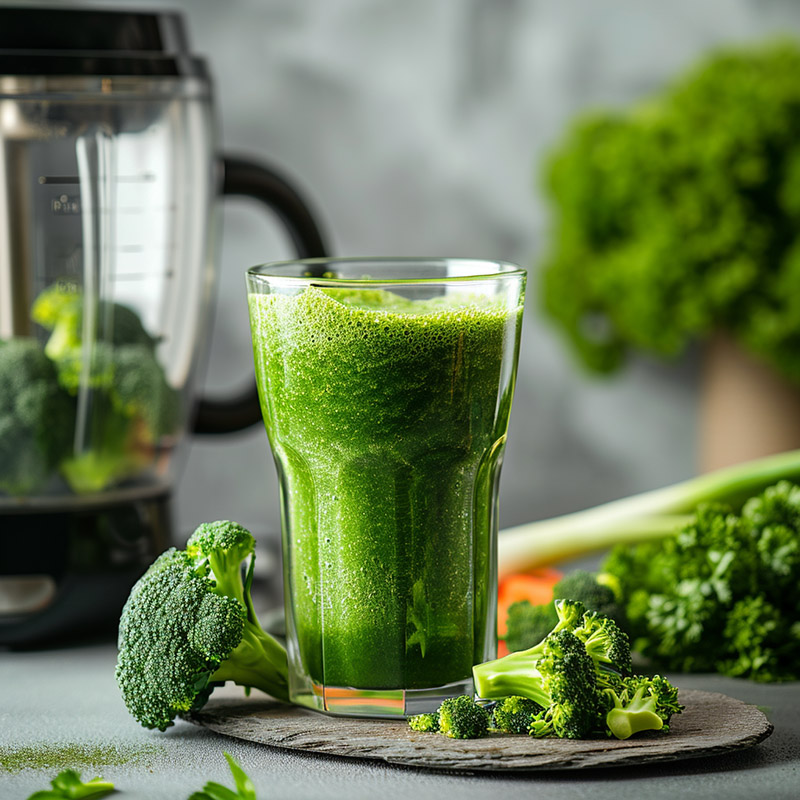
When it comes to broccoli's cancer-fighting prowess, much credit goes to sulforaphane – an impressive compound produced when chewing broccoli releases myrosinase enzymes. Sulforaphane not only eliminates carcinogens and battles free radicals, but also kills early cancer cells and slows tumor growth.
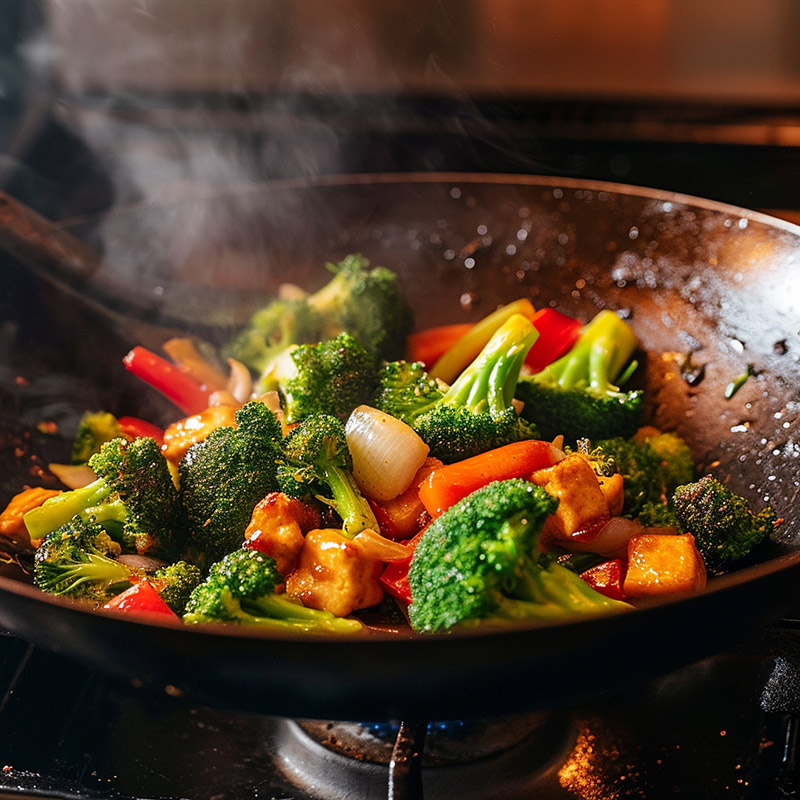
On top of all that, broccoli is very low in calories and carbs, yet satiating enough to curb appetite. One study discovered that eating broccoli slashed overall calories consumed later in the day by 10%. Its high fiber aids digestion as well. For weight loss and maintenance, broccoli checks all the boxes.
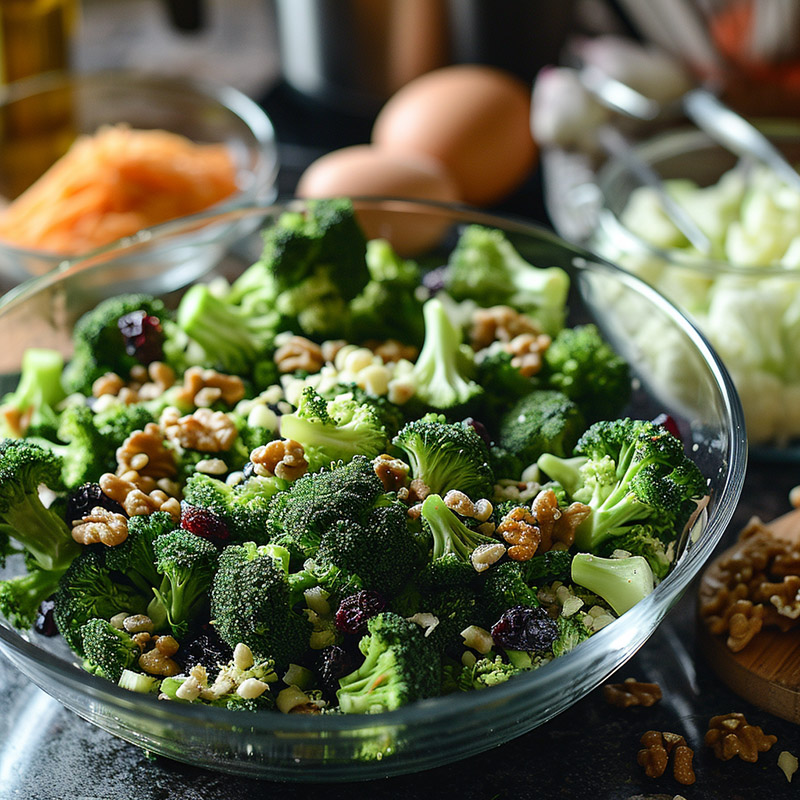
Clearly, incorporating broccoli into your routine does a body good. Its stellar nutritional profile bolsters health in myriad ways. Luckily, broccoli is tasty too – whether roasted, stir fried or eaten raw with dip. There are endless options for enjoying its versatility.
 Fruits and vegetables are good for overall health, and a newly funded study at the University of Pittsburgh Cancer Institute (UPCI) may show that certain vegetables, such as broccoli, also offer protection against prostate cancer.
Fruits and vegetables are good for overall health, and a newly funded study at the University of Pittsburgh Cancer Institute (UPCI) may show that certain vegetables, such as broccoli, also offer protection against prostate cancer.
UPCI researcher Shivendra Singh, Ph.D., professor of pharmacology and urology at the University of Pittsburgh School of Medicine, has received a $1.7 million grant from the National Cancer Institute to study prostate cancer prevention by phytochemicals found in broccoli called isothiocyanates (ITCs).
"Clearly, what we eat has an effect on the development of diseases such as cancer," said Dr. Singh, also co-leader of UPCI's cancer biochemoprevention program. "However, we know little about the mechanisms by which certain edible plants like broccoli help our bodies fight prostate cancer and other diseases. Our goal with this study is to better understand the function and relationship of substances in broccoli that appear to be linked to inhibiting prostate cancer growth."
ITCs are substances in vegetables that are generated when vegetables are either cut or chewed. Previous nutrition research has demonstrated that ITCs are highly effective in affording protection against cancer in animal models induced by carcinogens including those in tobacco smoke. Epidemiological research also has shown that increased consumption of vegetables that contain ITCs significantly reduces the risk for prostate cancer.
Dr. Singh's laboratory has found that some naturally occurring ITCs are highly effective in suppressing the growth of human prostate cancer cells at concentrations that are achievable through dietary intake of cruciferous vegetables such as watercress and broccoli. In his current health study, Dr. Singh seeks to further define the mechanisms by which ITCs induce apoptosis, or cancer cell death, to provide insights into the key structural relationships between ITCs and cell processes and to identify potential biomarkers that could be useful for future intervention trials involving ITCs.
"The knowledge we gain from this study will help guide us in formulating practical and effective nutritional strategies for the prevention and treatment of prostate cancer," said Dr. Singh. In addition to studies involving broccoli, Dr. Singh also is examining the effect of garlic on prostate cancer prevention.
In the United States, only 23 percent of adults eat five or more fruits and vegetables per day.